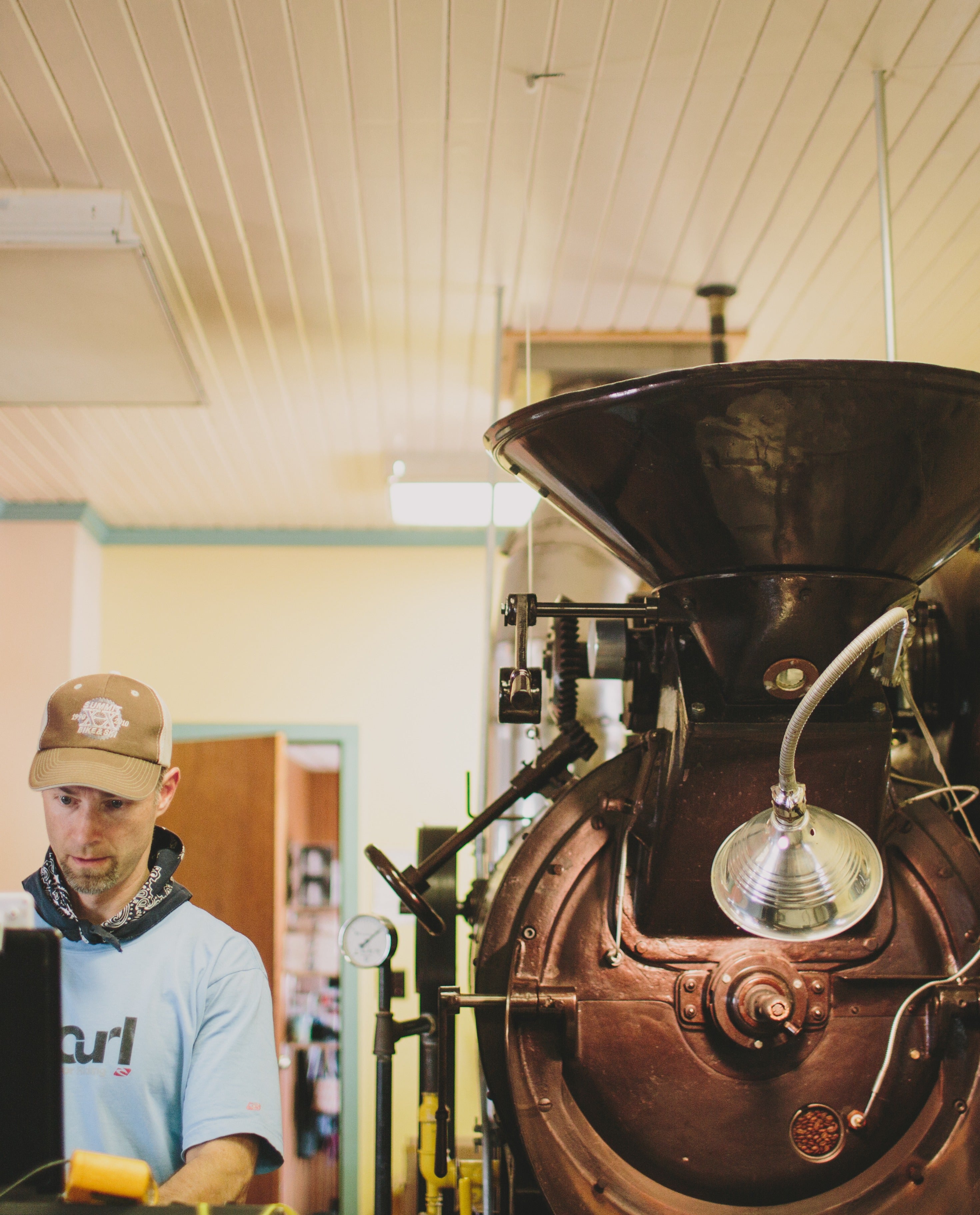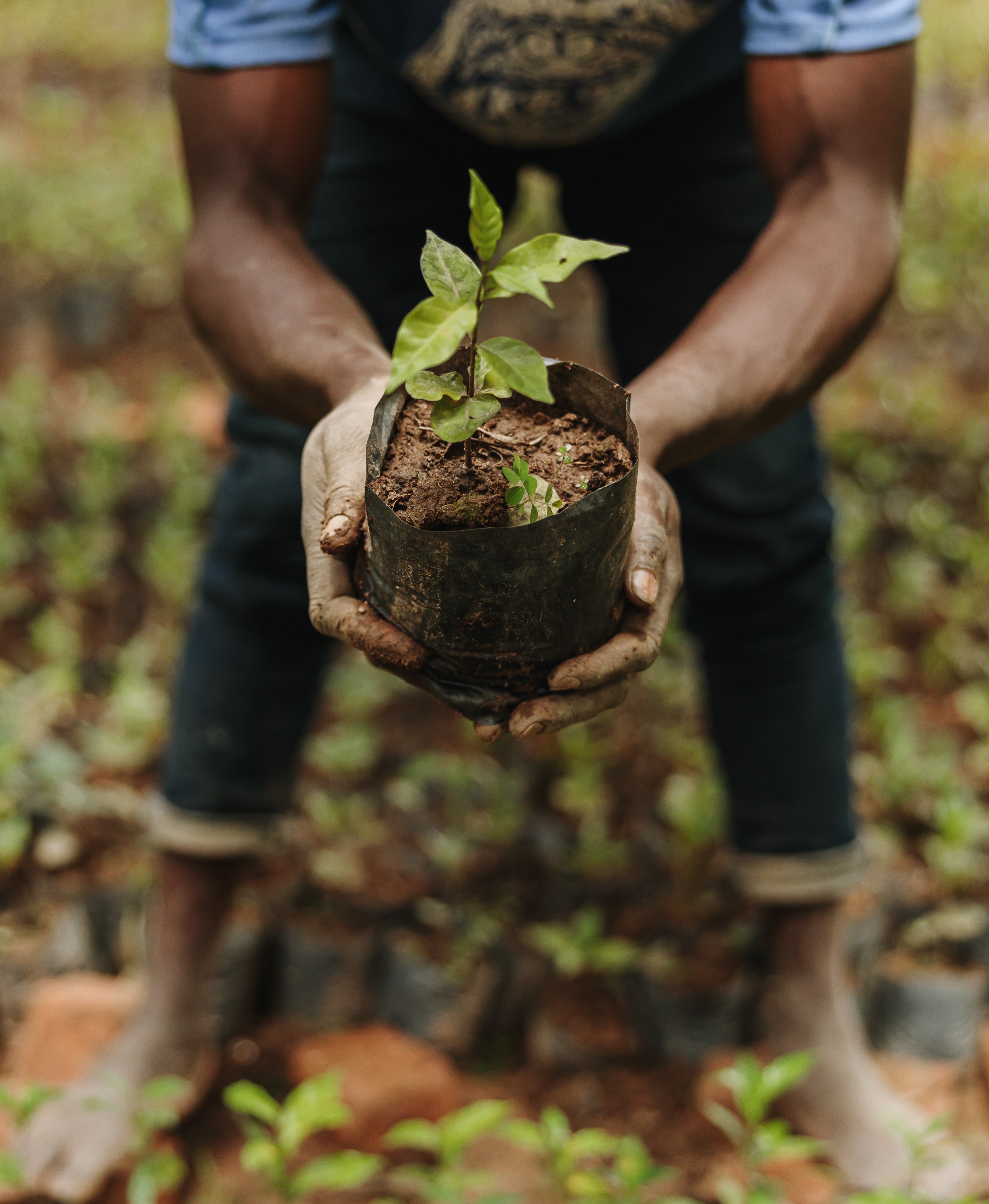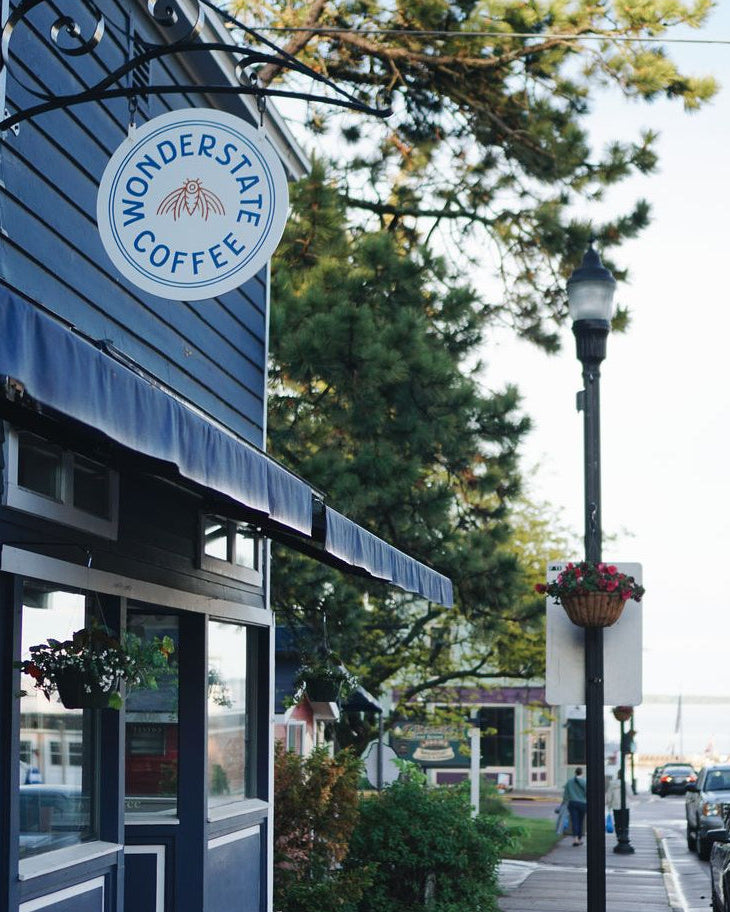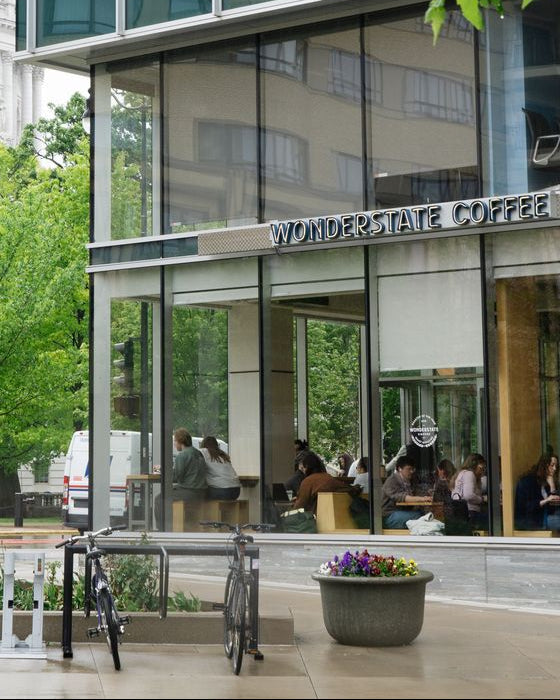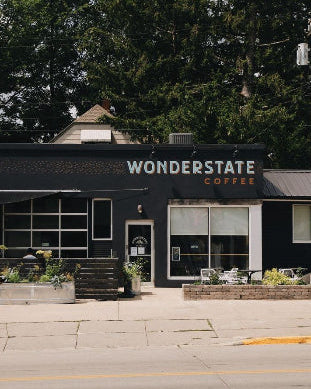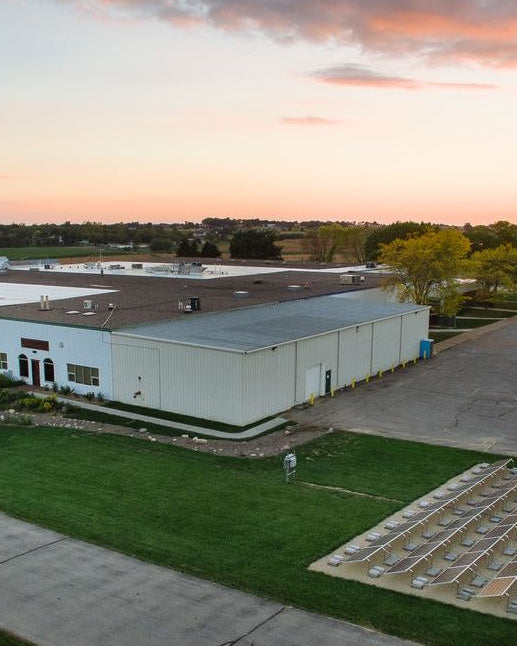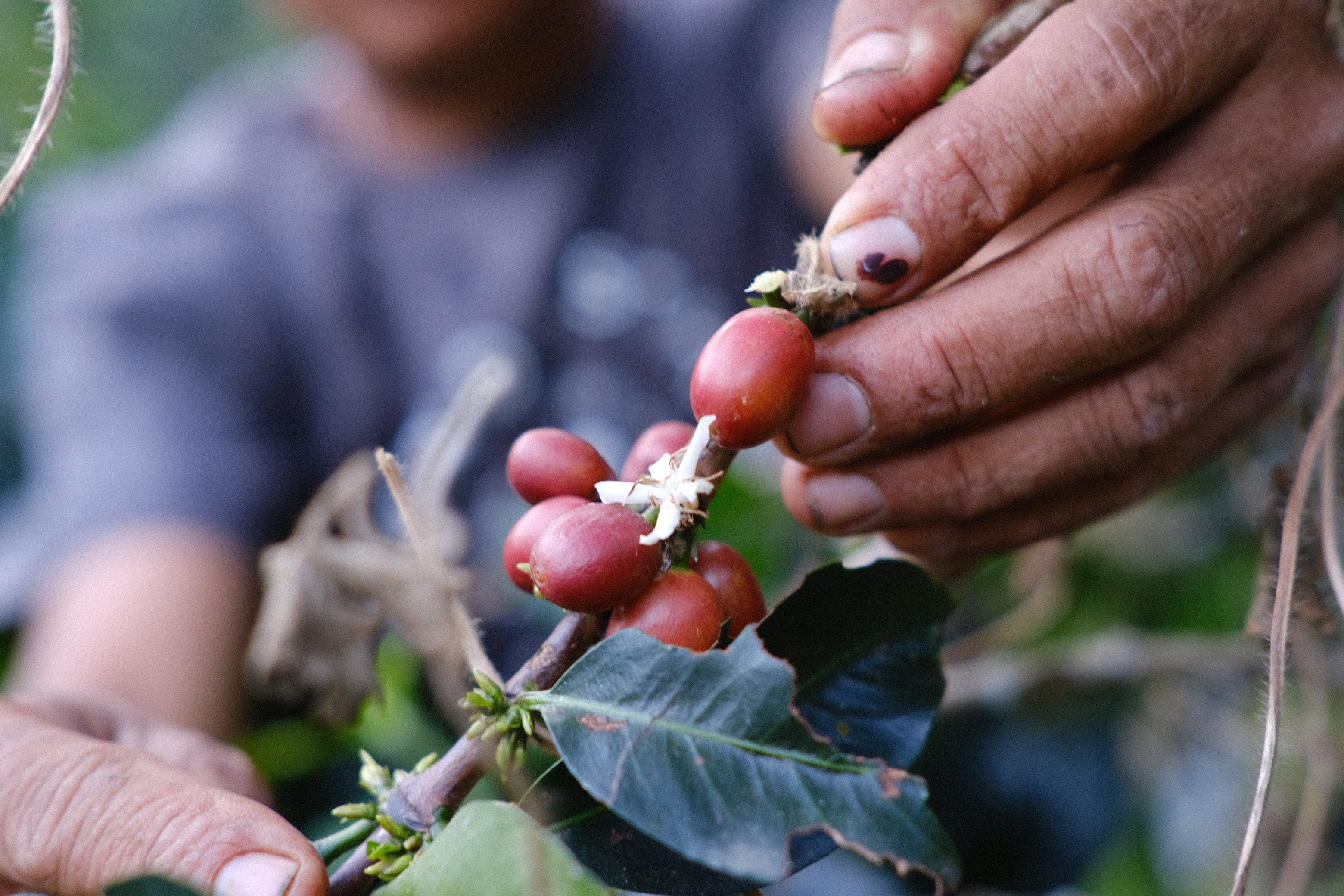Take a moment to slow down and think about your favorite cup of coffee. Each sip you experience results from a moment in time: the growing environment, the weather, the harvest, and the roasting process all shape the complex flavors in your cup.
This past September, a team from Wonderstate had the opportunity to spend two weeks in Colombia, zig-zagging over mountain passes and visiting farmers across the country. The Colombian Andes run north to south like outstretched fingers, separating communities and creating specific microclimatic conditions that greatly affect the flavors we find in each coffee. Coffee from Santa Maria tastes vastly different from Inza, even though they’re only a couple hours away by car and wildly close as the crow flies.
There’s no way to overstate the importance of the land in which coffee is grown. The vast array of amazing flavors begins right in the soil, and each transformative taste experience is a genuine expression of place.

Across the many different growing regions of Colombia, one issue remained consistent for each community: climate change has had a serious and negative effect on coffee cultivation.
Coffee thrives in high-elevation and temperate climates. Some coffee-growing areas are almost sub-tropical, while others are quite dry and feel similar to the American Southwest. Coupled with a temperate climate, coffee prefers distinct rain and dry seasons. The complexity of the conditions allows coffee cherries to mature and ripen, creating the flavors we love.
As these predictable growing conditions are stripped away, the result is both a decrease in coffee production and an increase in inputs. For nearly three years straight, the Colombian coffee lands experienced near-constant rain. The dry season never appeared long enough for coffee trees to produce as much fruit as they had in the past, leading to lower yields (less fruit), and less income for farmers.
The constant rainfall also had a major impact on the harvest. In many regions, farmers experienced an exceptionally prolonged harvest period. Instead of two to three large passes where the majority of fruit would be picked, farmers are now experiencing a harvest that goes on for months and months. In some areas the harvest never ends and continues nearly year-round, causing massive increases in labor costs.
In lower-elevation areas, farmers are actively watching their plants struggle to survive. As the average temperature rises, coffee trees are prone to damage not only from prolonged heat exposure but also from the rise of fungal diseases and pests. Combating these issues takes time and financial contributions. The reality is that many farmers are not in a position to make these resource-heavy commitments to their crops. And without any aid on the horizon, the future of coffee farming is in dire straits.
The hard truth is, the commodity market price of coffee inadequately addresses the costs of keeping up with climate change and it's farmers that are left to subsidize the cost.

Our recent observations are the tip of the iceberg when it comes to climate change. Issues like soil degradation and the loss of ecosystems through drought and deforestation are climate change multipliers affecting farming communities every single day.
Climate change doesn’t only create difficult growing conditions, it has ripple effects that put a massive strain on the vulnerable parts of the coffee supply chain. Without mitigation techniques or serious change to our global carbon footprint, we will slowly watch coffee cultivation become completely unsustainable for millions of farming families.
Wonderstate Coffee is actively taking steps alongside our farming partners to lessen some of these effects. For the last several years we’ve made investments in mitigating carbon emissions by funding shade-tree planting projects in Guatemala and Colombia through funds raised by our Canopy Blend. We’ve also donated funds alongside our importing cooperative, Co-op Coffees, to help farmers begin implementing irrigation to combat drought conditions.
We’ve also funded an organic composting project that’s helping producers ensure their farms have the vital nutrients they need to continue producing excellent organic coffee.
Lastly, and likely our most important contribution to the supply chain, Wonderstate is working to pay farmers more. Adequate compensation provides resources to combat climate change locally and gives farmers a voice. We owe our livelihood and daily coffee ritual to our producers; not only is it our responsibility to pay them fairly, but it is also an investment in their work and the future of coffee.
Read more
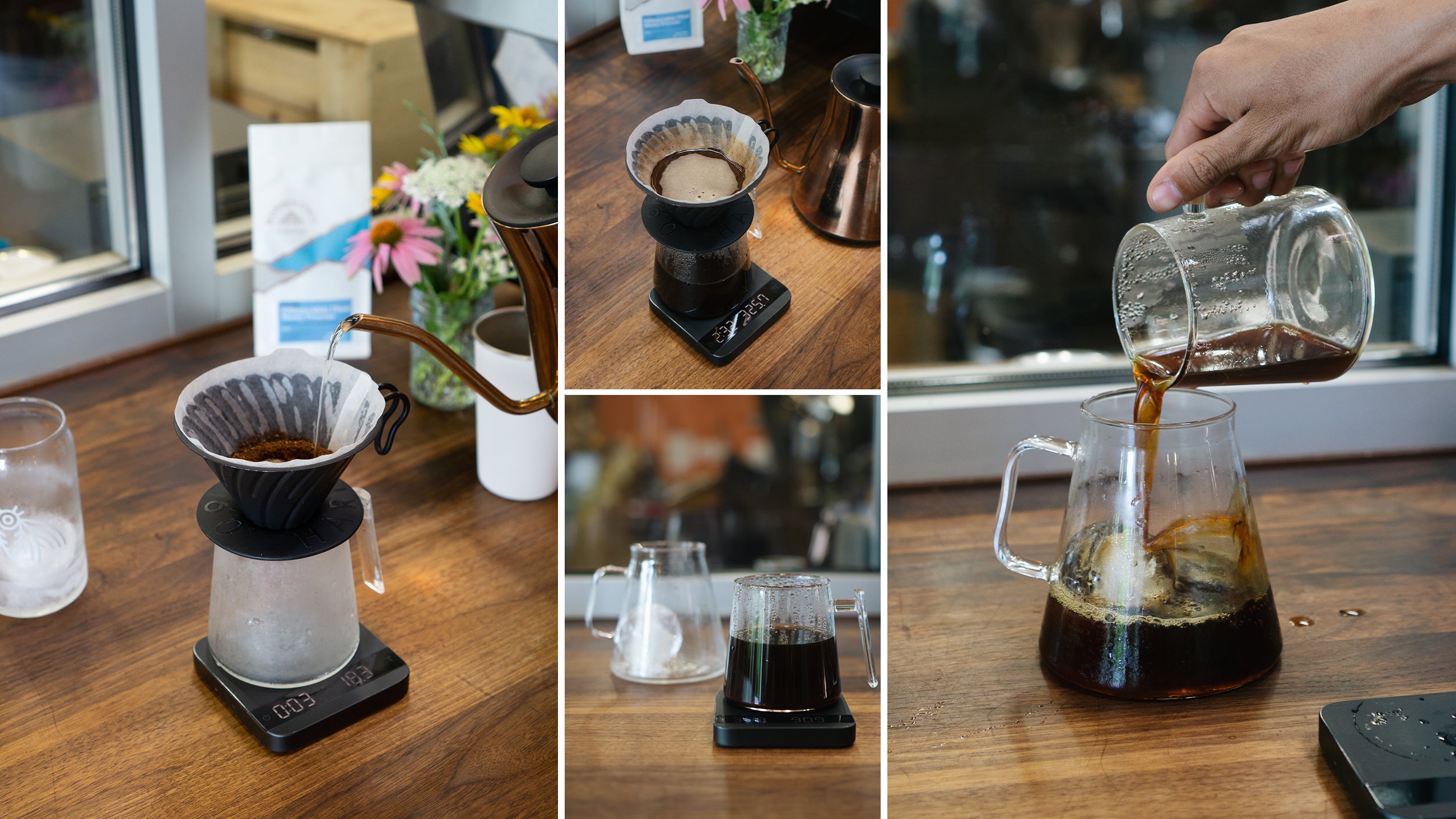
We've been treating ourselves to iced coffee in the lab pretty often these days. And we're particularly keen on this flash brew recipe because it captures the essence of one of our favorite new...

Ethiopia Alo Village Cascara Anaerobic is one of the five best coffees we've ever tasted! And we taste a lot of coffee around here. We want you to enjoy it as much as we do, so we’re providing a re...


